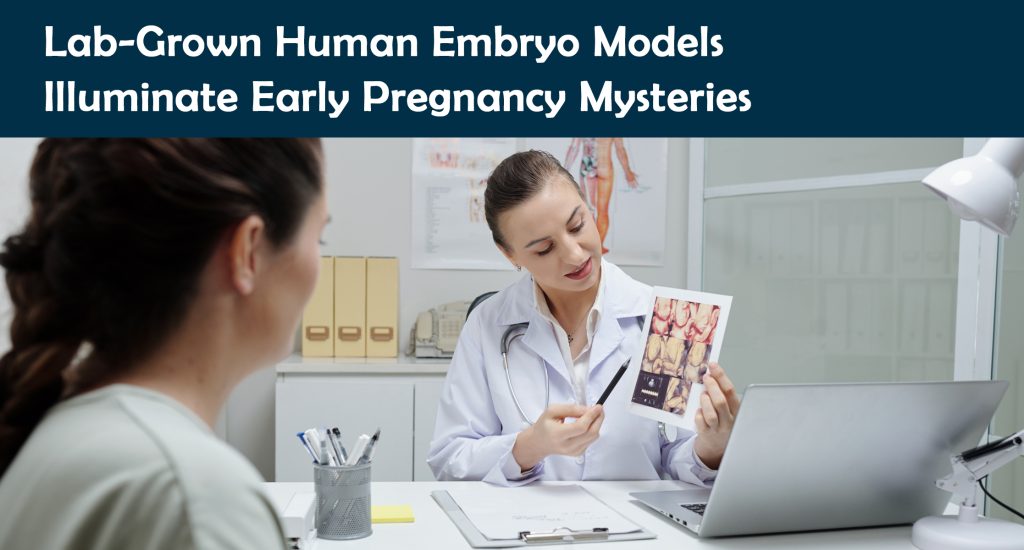
In a groundbreaking achievement, scientists have successfully generated human embryo models using stem cells in a laboratory setting, shedding light on the critical first week after implantation in the uterine wall. This development promises valuable insights into fertility, early pregnancy loss, and developmental birth defects. Molecular geneticist Jacob Hanna of the Weizmann Institute of Science in Israel describes this period as the “black box” of pregnancy, emphasizing the significance of understanding it. These models, created from genetically unmodified human-derived stem cells, offer a unique way to study this enigmatic phase, showcasing the remarkable self-organizing capabilities of human stem cells. This breakthrough paves the way for further research into pregnancy-related issues and birth defects that often manifest during these initial stages.

